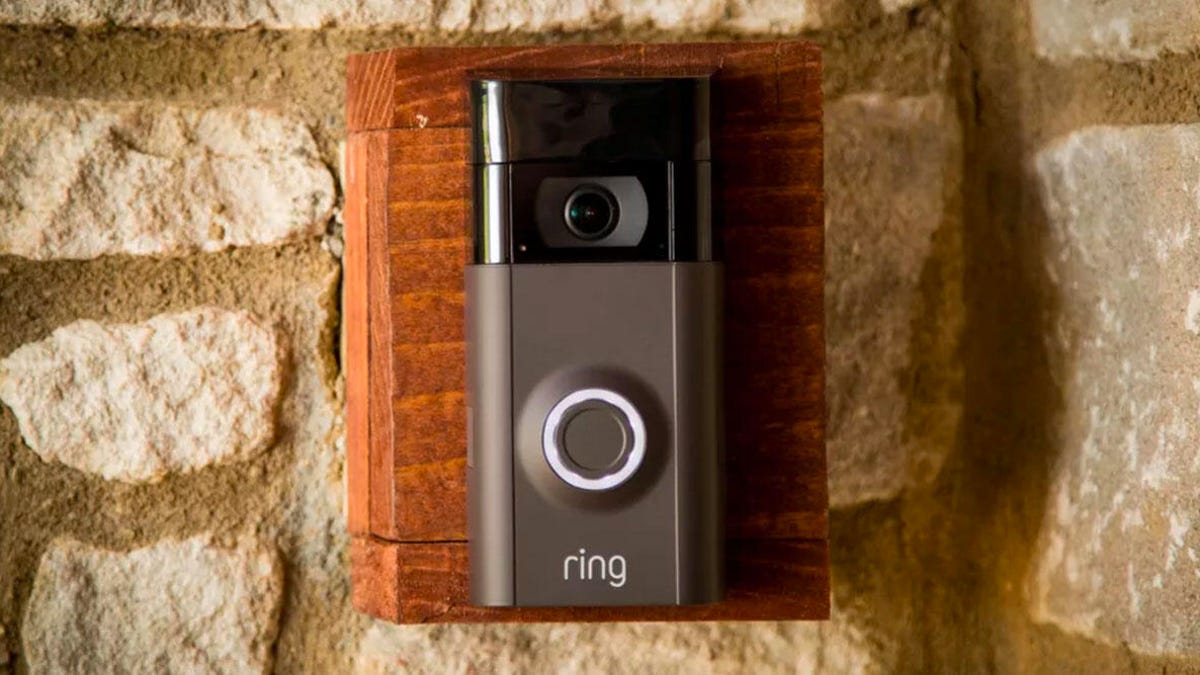Ring's NYU Policing Project audit leads to Neighbors app changes
A voluntary audit conducted by the New York University School of Law's Policing Project sparks more than 100 changes to Ring's Neighbors app.

Amazon Ring has completed a two-year voluntary audit by the New York University School of Law's Policing Project, which led to more than a hundred changes to Ring's Neighbors app, policies and internal practices. NYU says its Policing Project is an initiative "to promote public safety through transparency, equity, and democratic engagement."
Ring, a maker of video doorbells, security cameras and other products, has faced heavy scrutiny during the past two years, with critics raising concerns about privacy, racism on the Neighbors app and the various ways the Amazon subsidiary has worked with police departments. In response, Ring has introduced a range of new features, policy changes and more, including making all police requests for user footage public and implementing anti-bias measures on the Neighbors app, which is a neighborhood-watch feature linked to Ring products. Ring made more than 100 changes to its Neighbors app alone during the course of the audit, the Policing Project's report said.
Ring applauded the report. "Ring's approach has always been to put our customers and their communities at the center of what we do, which is why we invited NYU to conduct this audit," a company spokesperson said. "We are pleased with their conclusions and are proud of the 100+ changes we've made as a result of this work with NYU."
The policy adjustments have "materially changed [Ring's] relationship with law enforcement," according to Policing Project Executive Director and lead auditor Farhang Heydari, but "there is still work to be done."
"Our audit could never address all future products and use cases," Heydari said. "Instead, we hoped to provide a framework for the company to continuously assess the civil rights and civil liberties impact of their work."
What exactly the future work might be is up for debate. Max Isaacs, an attorney at the Policing Project and co-author of the report, wrote that lateral surveillance -- that is, surveillance networks made up of privately owned cameras, video doorbells and other devices -- isn't going away. The Policing Project report gives lawmakers, rather than companies like Ring, the primary responsibility for reining in this larger social pattern.
"Ring has responded to pressure from activist groups and angry consumers by making some very necessary changes, but that does not mean that their technology is no longer harmful," said Matthew Guariglia, a policy analyst at the Electronic Frontier Foundation. "Because of the nature of these companies -- their ability to push new software onto already-purchased hardware, their willingness in the past to work with police -- vigilance and further investigation are still necessary."
The two-year audit doesn't seem to have slowed Ring's pace of production. The company, which is Amazon's most popular security brand, launched nearly 20 distinct products this year, and continues to dominate the rapidly growing video doorbell market.

